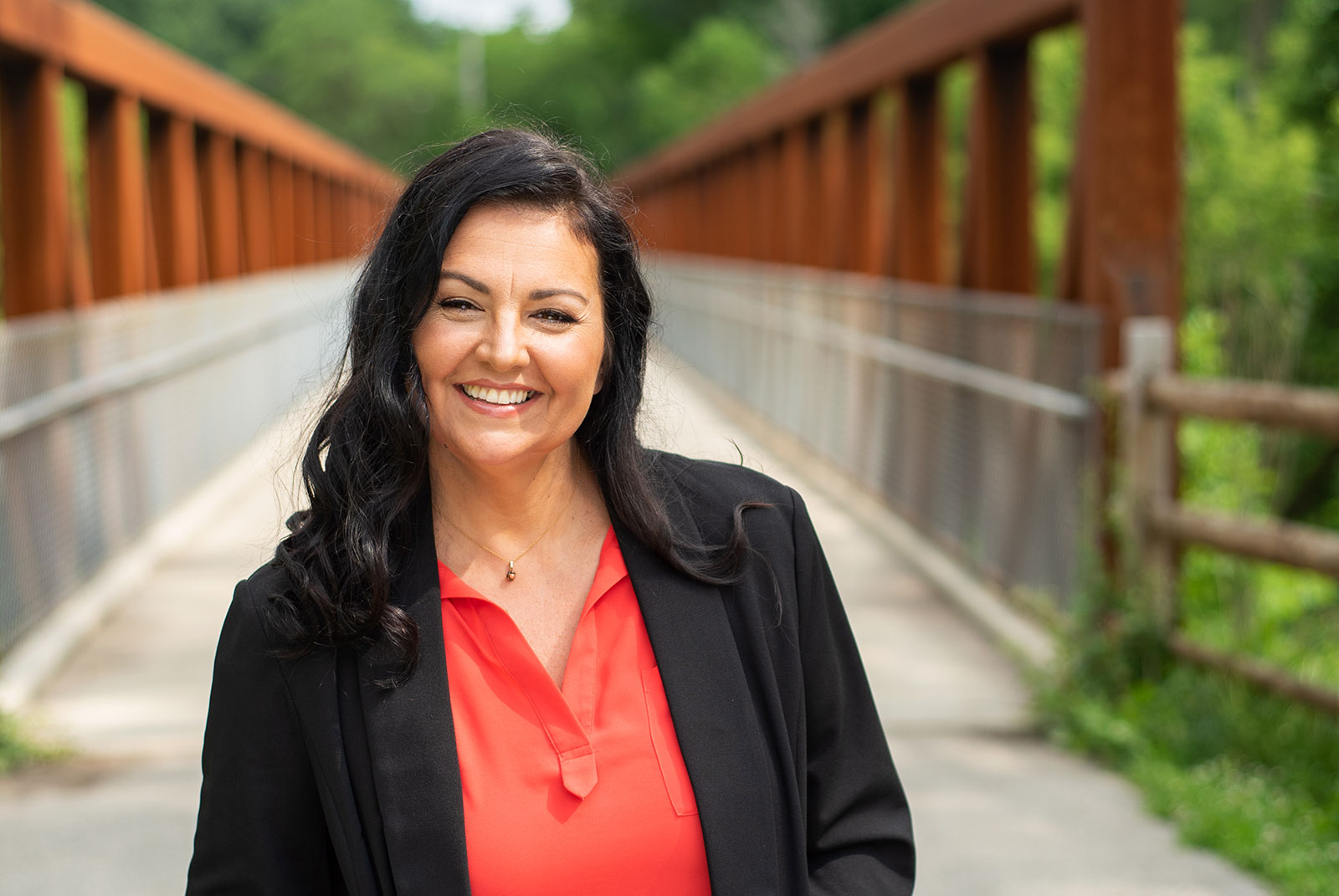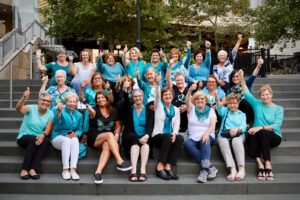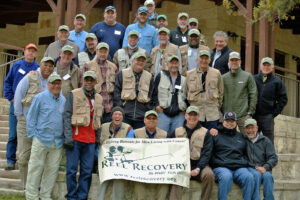Treatment is over (hopefully forever) and you have finally gotten an all-clear, NED, ringing of the bell. Boy, what a relief! But what can you do now to make sure it is all behind you? What can you do to live the most healthy and fulfilling life after treatment? I would like to share a few ideas for a holistic path to take once treatment is behind you.
Thoughts alone are incredibly powerful, so let’s start there. At age 16, Einstein imagined chasing a beam of light, and that thought experiment played a memorable role in his development of special relativity.
According to Dr. Joe Dispenza, a world renowned teacher, researcher and writer of all things neuro, humans are in a constant state of panic and stress that causes an imbalance in the brain, potentially resulting in physical disease. Unfortunately, we are still hardwired like our prehistoric selves to maintain a state of “fight or flight” so we don’t get eaten by something larger than us. We have to consciously work on entering the state of “rest and digest” offered by our parasympathetic system.
I’m sure you’ve heard stories of people who have healed themselves from disease and trauma by just believing they are well. I know that can seem a bit outlandish, but think about the significant number of modalities out there that support this theory.
According to the formal definition, meditation is written or spoken discourse expressing thoughts on a subject. Therefore, we should have more happy, calm and peaceful thoughts to be happier, calmer and more peaceful. Meditation has become so mainstream in the last 20 years that even doctors encourage people to take the time to meditate while going through cancer treatment. We have access to a wealth of apps, books and podcasts on the subject, and I advise you to seek these out. Maybe there is something to this mind-body connection after all.

I can tell you from my own personal experience that I believe the mind has great power over the body. About 10 years ago, I was riding my bike in Chicago on my way to work and was hit by a white van. I was fortunate enough to bounce off a UPS truck with the driver inside. He came out when he heard the loud thud on his truck and protected me from the danger of getting hit by other vehicles. I don’t remember the impact, but I remember lying on the ground with a group of people around me as a fire truck and ambulance arrived.
As the paramedics worked on me, I felt blood running down my head and severe pain all along the left side of my body where the van hit me. I remember meditating on one phrase from when I woke up on the ground and when I got into the ambulance, to when I arrived at the hospital and went into the MRI machine. “I am whole; I am OK.”
I’m lucky to say I only had lots of bruising and nine stitches in my head, even though I wasn’t wearing a helmet (always wear a helmet!). The doctors and nurses were amazed that my injuries weren’t more severe and the impact to my head didn’t cause more damage. I truly believe that my mind told my body to be OK.
If any of you have seen the movie, “Eat Pray Love” you may remember what a hard time Julia Roberts’ character had when she first started meditating. She couldn’t sit still, she got distracted and bored and she was frustrated she was doing it wrong. Many people have those feelings when they first begin a meditation practice. Some can have it even after years of practice. Remember that just as in yoga, meditation is a practice. Anything that is worth doing well involves practice.
I encourage you to start meditating at least five minutes a day, or every other day or even just once a week. Try putting on some soothing music, set a five-minute timer, close your eyes and count to 10 in your head slowly. When you reach 10, start again. If any thoughts come into your mind, try to see them as ships sailing by. Don’t become attached to the ships — they are not docking with you, they are just floating away.
Stay well and enlightened until next time!







